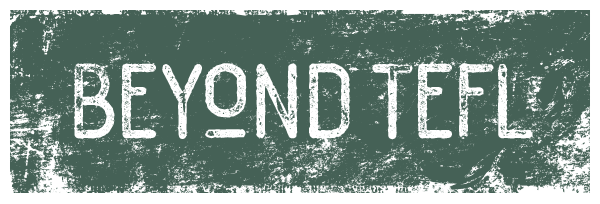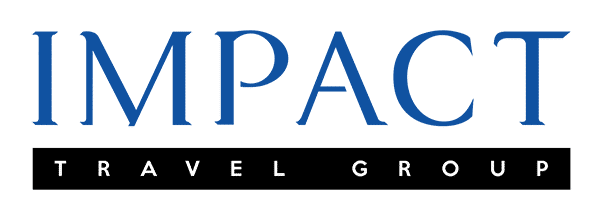Navigating the Costs of a 120-Hour TEFL Certification: A Comprehensive Guide
In our interconnected world, more and more people are drawn to the rewarding journey of teaching English abroad. The allure of exploring new cultures while making a tangible impact through education has turned Teaching English as a Foreign Language (TEFL) into a favorite path for adventurers and educators alike. It opens doors to traveling and working abroad and offers the rewarding experience of teaching and shaping minds. A critical step towards this career path is obtaining a TEFL certification, with the 120-hour course being one of the most sought-after due to its comprehensive coverage and wide recognition. However, one question remains for many aspiring educators: What is the cost of a TEFL 120-hour certification?

Understanding TEFL Certification Costs
The price tag on a 120-hour TEFL certification swings widely, shaped by who’s teaching, how they’re doing it (think cozy home study versus lively classroom vibes), and what extra goodies come with the package. You could end up spending anywhere from an easy-going $200 to a more serious chunk of change at $2,500. It’s a mix of what you’re learning, who’s guiding you through it, and how shiny the badge at the end looks.
Online TEFL Courses
Online courses are typically more cost-effective, ranging from $200 to $600. Their flexibility allows for self-paced study, making them a popular choice for those balancing other commitments. Despite their lower cost, ensuring that the online course is accredited and provides adequate support and resources is crucial.

In-Person TEFL Courses
They are the real deal. You’re not just a student. You’re a teacher-in-training getting hands-on experience. Sure, they’ll run you $1,000-$2,500, but there’s significant value in being immersed, getting live feedback, and learning alongside your crew. It’s an investment in an adventure that could seriously shift your perspective on teaching and life itself.
Here’s a detailed examination of factors that can affect the cost and help you make an informed decision:
1. Accreditation
Accredited courses ensure quality and are recognized internationally. They are often more expensive due to their compliance with rigorous standards set by reputable educational organizations.
2. Provider Reputation
Established institutions may charge higher fees but also offer better job placement services, extensive alum networks, and a respected certification worldwide.
3. Course Content
Comprehensive courses that cover a wide range of teaching skills, methodologies, and theoretical knowledge are generally more expensive. These courses may include additional materials like videos, interactive modules, and extensive readings.
4. Instructor Qualifications
Programs led by experienced and highly qualified educators command higher fees. These instructors bring valuable real-world experience and pedagogical expertise to their teaching.
5. Learning Format
The course format (online vs. in-person) significantly affects the cost. Online courses are typically cheaper, though interactive and real-time online courses might cost more due to the technology used.
6. Location
The geographical location of in-person courses affects the price. Courses in major urban centers or desirable destinations tend to be more expensive due to higher operational costs and the added appeal of the location.
7. Duration and Intensity
Intensive courses that compress the content into a shorter period are often more costly due to the increased resources needed for such a format.
8. Interactive and Technological Components
Courses incorporating cutting-edge technology and interactive learning platforms offer a more engaging experience at a higher price point.
9. Class Size
Smaller class sizes offer more personalized instruction and interaction, which can enhance learning outcomes and raise the course fee.
10. Teaching Practicum
Courses that include a teaching practice provide hands-on teaching experience, which is invaluable but also increases the cost.
11. Certification Recognition
Wide-recognized and respected certifications may be more expensive but can open more doors globally.
12. Job Placement Assistance
Extensive job placement services are a valuable addition to any TEFL course but typically increase the overall cost.
13. Additional Resources
Access to ongoing resources and professional development can add value to a TEFL course and justify a higher fee.
14. Student Support Services
Enhanced student services such as academic advising and tutoring contribute to higher costs but ensure a supportive learning environment.
15. Market Demand
High demand for TEFL certifications in certain regions can drive up prices, reflecting the value and effectiveness of the certification in the job market
Understanding these factors will help you choose a TEFL course that fits within your budget and meets your professional goals and preferences, ensuring a valuable investment in your future teaching career.

Making Your Choice
Selecting the right TEFL course is a significant decision beyond the cost. It’s essential to consider the course’s accreditation, the quality of instruction, the support provided to students, and the opportunities for practical teaching experience. Investing in a reputable and comprehensive TEFL certification can pave the way for a successful and fulfilling career in teaching English abroad.
While the initial cost may seem daunting to some, the return on investment can be substantial. Teaching English abroad offers competitive salaries and benefits, as well as the chance to experience new cultures, travel, and make a meaningful impact on students’ lives.
In conclusion, the cost of a 120-hour TEFL certification can vary widely based on several factors. You can find a course that fits your budget and career aspirations by carefully researching and considering your options. Remember, the proper certification is not just an expense; it’s an investment in your future as an educator and world traveler.






